SUMMARY
This is AI generated summarization, which may have errors. For context, always refer to the full article.
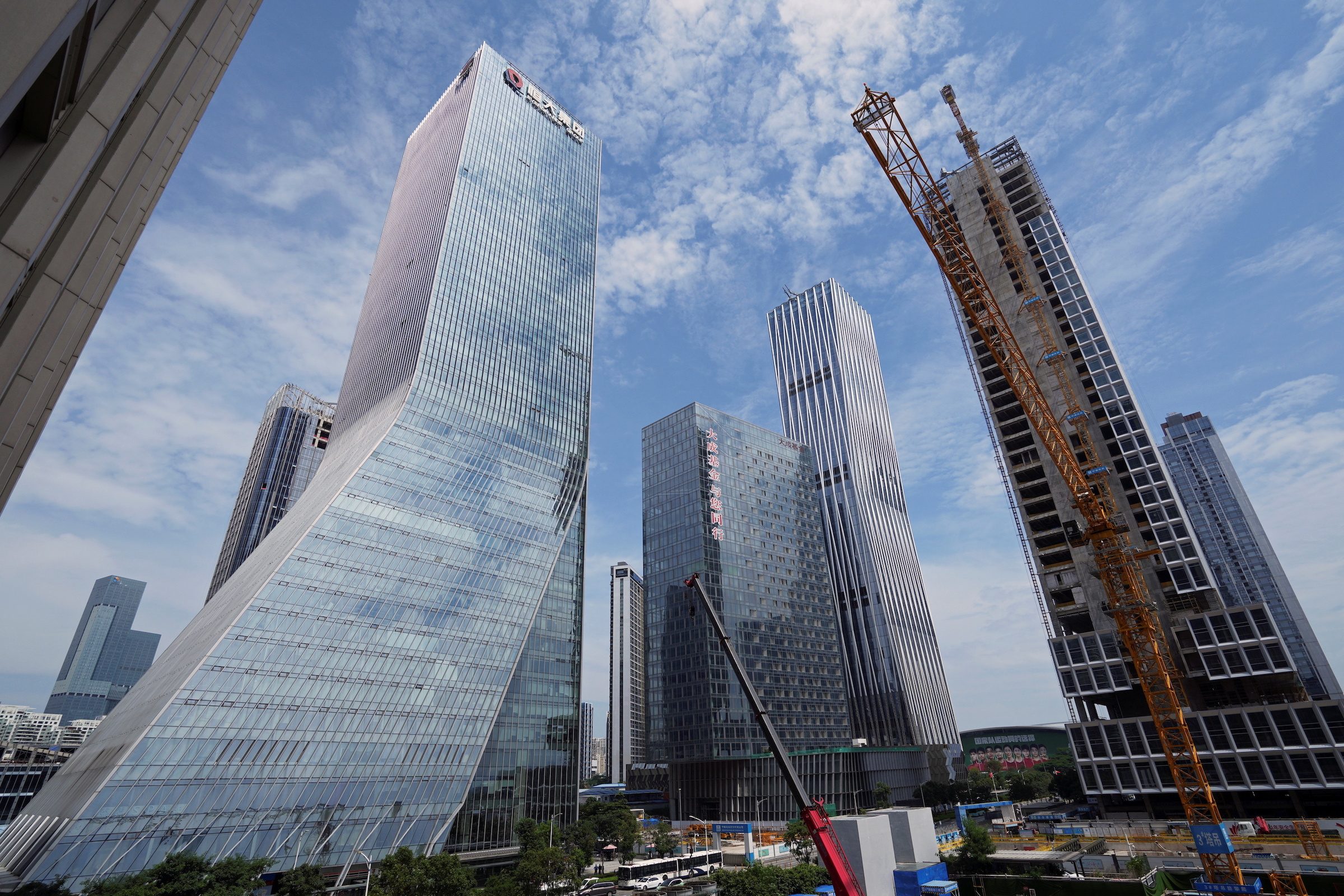
Scrambling to avoid defaulting on its debts, cash-strapped China Evergrande Group said on Wednesday, September 29, it plans to sell a 9.99-billion-yuan ($1.5-billion) stake in Shengjing Bank Company Ltd to a state-owned asset management company.
Shengjing Bank, one of the main lenders to Evergrande, had demanded that all net proceeds from the disposal be used to settle the financial liabilities of the property developer due to the lender, Evergrande said in an exchange filing.
That requirement suggests that Evergrande, which missed a bond interest payment last week, will be unable to use the funds for other purposes such as another interest payment to offshore bondholders of $47.5 million due on Wednesday.
The payment deadline is being closely watched by investors as the developer’s next big test in public markets. Shares of Evergrande rose as much as 15% on Wednesday.
Evergrande has rapidly become China’s biggest corporate headache as it teeters between a messy meltdown with far-reaching impacts, a managed collapse, or the less likely prospect of a bailout by Beijing.
The 1.75 billion shares, representing 19.93% of the issued share capital of the bank, will be sold for 5.70 yuan apiece to Shenyang Shengjing Finance Investment Group Company Ltd, a state-owned enterprise involved in capital and asset management, Evergrande said in its filing.
Shenyang Shengjing’s stake in the bank will be increased to 20.79% after the deal to become the bank’s largest shareholder. Evergrande’s stake in the bank would be reduced to 14.75% from 34.5%.
“The company’s liquidity issue has adversely affected Shengjing Bank in a material way,” Evergrande chairman Hui Ka Yan said in the statement.
“The introduction of the purchaser, being a state-owned enterprise, will help stabilize the operations of Shengjing Bank and at the same time, help increase and maintain the value of the 14.75% interest in Shengjing Bank retained by the company.”
As of the first half last year, the bank had 7 billion yuan in loans to Evergrande, accounting for 1.19% of the lender’s loan book, according to a report by brokerage CCB International last week, citing news reports.
The financial health of Shengjing Bank has come under the spotlight since May, after financial news outlet Caixin reported that China’s top banking watchdog was investigating connected transactions worth more than 100 billion yuan ($15.45 billion) between Evergrande and the bank.
On July 5, Evergrande said in a statement its financial business with Shengjing complied with legal requirements.
Days after that announcement, China’s northern city of Shenyang, where Shengjing is based, encouraged local state-owned companies to increase stakes in the bank.
The Shenyang government said it valued reforms at Shengjing Bank and would strengthen the Communist Party leadership in the bank to help it develop into “a good bank,” according to a statement in July.
Beijing is prodding government-owned firms and state-backed property developers to purchase some of embattled China Evergrande Group’s assets, people with knowledge of the matter told Reuters on Tuesday, September 28.
Shengjing reported a net profit of 1.03 billion yuan in the first half of 2021, down 63.6% from a year earlier, citing the impact of COVID-19, a decline in net interest income, and increased provisions for impairment losses of assets due to “increased uncertainty of business operations.”
The bank’s non-performing loan ratio stood at 3.04% by end-June, higher than the industry-wide average of nearly 2%. – Rappler.com
Add a comment
How does this make you feel?
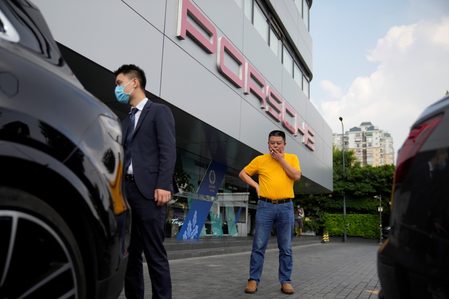

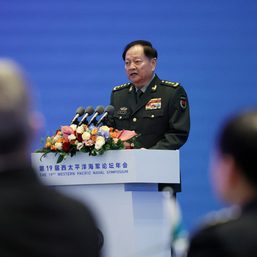
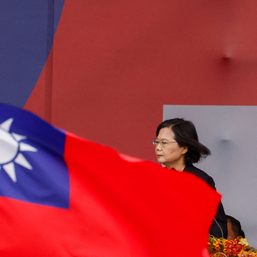
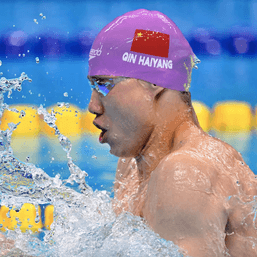
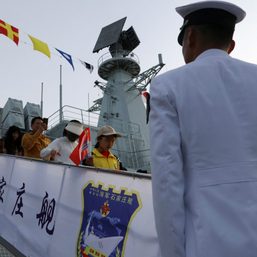
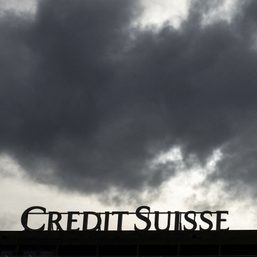
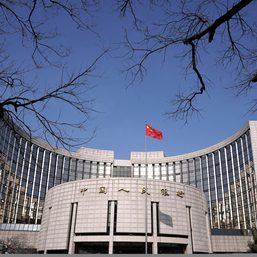
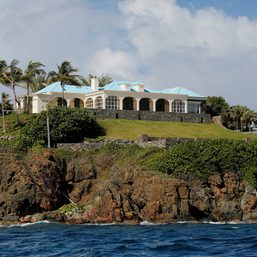
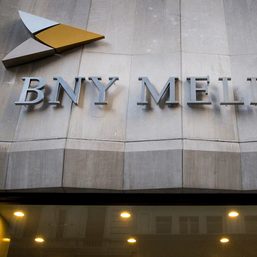
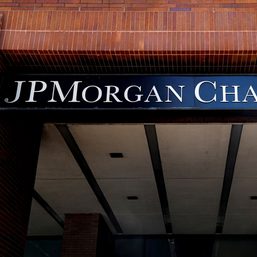
There are no comments yet. Add your comment to start the conversation.